Stories shape us and can tie strangers together, moving us towards action - or inaction - depending on the stories we tell. They can be the fuel for sustainable change or trap us in the status quo.
The millions of stories we’ve heard throughout the #MeToo movement have catapulted sexual violence to the fore of our minds and the public arena, and in order to build appetite for systems and policy change, it’s time to move away from fatalism towards narratives of hope and progress, to normalise a vision of the future where gender-based violence is a thing of the past, and to increase understanding that systems are made by us - and that we have the power to change them.
Angles interaction with Radio 1’s Newsbeat:
Our task as communicators is not just to raise awareness (as important as this work is) but to build on public concern by changing the narrative from one of acceptance that sexual violence is a fact of life, towards a place of agency - that we can change this together.
So first, to “the detail”. Often when we talk about sexual violence and domestic abuse in the media, the focus is on the story of one individual in isolation, with the detail of “what happened, where, who, how?” central to the piece.
But we think this focus is damaging for two reasons.
The first is the toll this takes on survivors, who often think that in order to affect change and to raise awareness, they must share with journalists the details of what happened to them, sometimes over and over again, often with online publication of those stories infinitely available.
The second is that when the media always focuses on the details of someone’s story, this serves to distance audiences from the wider issues at hand; for example, woeful inadequacies of the justice system, or why these crimes are so prevalent, or how can we talk about it more easily? As audiences, we think “ah, but that wouldn’t happen to me”, “I wouldn’t have gone there / done that / worn that”, and we feel momentarily safer, and more able to disengage from the issues.
It’s not that the stories of survivors are not of utmost importance to this movement - but we think we can support survivors better to use their experience and knowledge to guide interviews to the wider issues, helping audiences to see sexual violence as a systemic problem, and not an individual one.
And we think we fail survivors when we don’t provide adequate support, training, time to think, and remuneration to lead the change that our society so badly needs on this issue.
At On Road Media, our award-winning project, Angles: A Different Take on Sexual and Domestic Abuse, is working to change the conversation the media and public have about sexual violence by bringing trained and supported survivors together with journalists in carefully organised but informal meet-ups that we call “interactions”. In the interactions we give journalists and broadcasters the opportunity to meet with a group of survivors so that they can develop a more nuanced understanding of the issues that can inform their work.
The Angles community of activists and experts often campaign together and are supported and trained to engage with the media safely and with agency, building their confidence to choose which parts of their expertise and experience they want to share whilst considering the impact they want this work to have on both narrative change and their own lives.
Members of the network have influenced and taken part in media output dealing with issues like consent, life after sexual violence and healing, male rape, the criminal justice system and more; for BBC Three, Radio 4, BBC Sounds, Channel 5, Cosmopolitan, and a video series with The Independent. They’ve also been involved in shaping guidelines with the press regulator IPSO both for journalists on reporting sexual offences, and for survivors on what to do when a journalist gets in touch.
We know that a positive encounter with a journalist can have a huge impact - a recent survey we carried out with the Angles network showed that their experience with a producer or journalist is an empowering one when they’ve had a chance to slow down the process and prepare fully. They’ve felt more valued and not seen as a resource, and it was more likely the producer or filmmaker would be happy to change their minds and re-shape the piece once they heard the person’s contributions.
We think that we can all play a role in supporting survivors to carry out empowering, effective media work with agency that tells a story that change is possible. But in order to do that, we need to move away from reactive media work towards a slower, more thoughtful process where people with personal experience are given the support they need.
On Road Media is proud to be a partner of the UK Says No More campaign.
On our website you’ll find resources for engaging with the media, with peer support and self-care, including an interview checklist. We also offer resources for journalists working on these issues and information about UK organisations working in the sector.
You can find out more about Angles at www.angles.org.uk or On Road Media at www.onroadmedia.org.uk and follow us on Twitter at @Angles_project and @onroadmedia
Nathalie McDermott, Chief Executive, On Road Media

